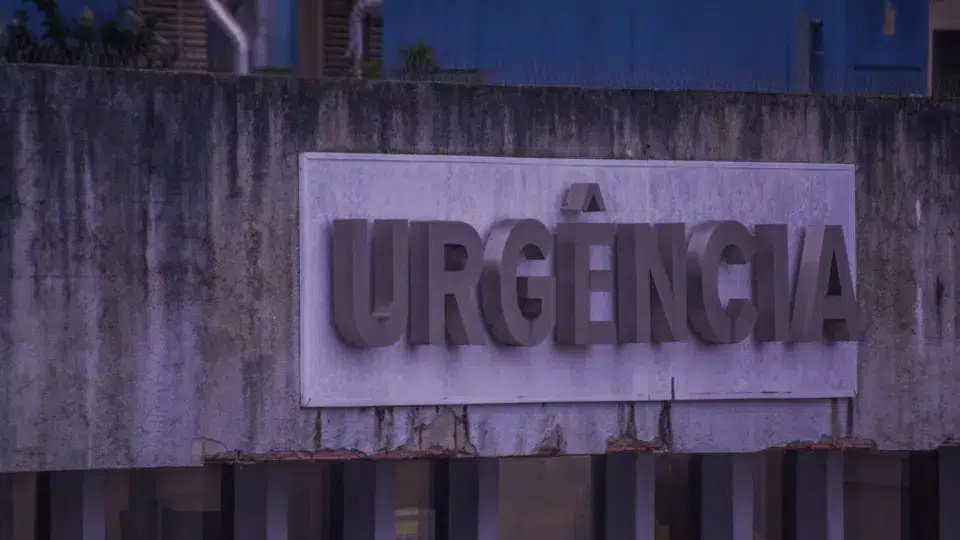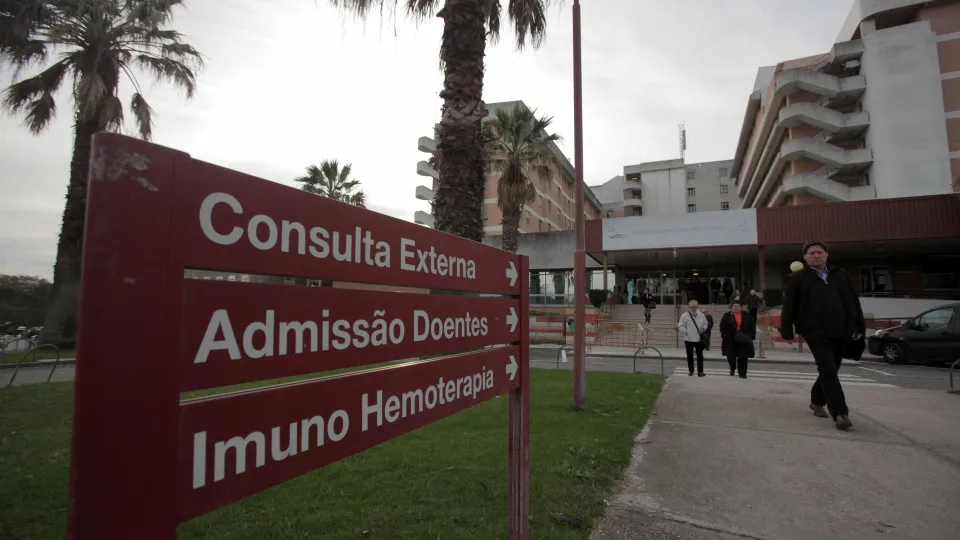
Statistics released today by Manuel Carvalho, president of ULSRL, indicate that in the first operational quarter, of the 53 elderly individuals referred to the ‘Senior Home Hospitalization’ team, only 16 needed to visit the hospital emergency service.
Manuel Carvalho highlighted that the project prevented 37 seniors from unnecessarily going to the hospital.
The official noted that last year, “6,027 residents of nursing homes came to our emergency service, creating a bottleneck, as these patients tend to remain in the emergency department for extended periods with all their comorbidities.”
“The project aims to provide a proximity response, attempting to keep them away from our emergency service,” emphasized Manuel Carvalho today while presenting the project to the Minister of Labor, Solidarity, and Social Security, Rosário Palma Ramalho.
The ULSRL president explained that the pilot project, currently covering ten residential units for the elderly (ERPI) out of the 267 within its area of influence, “not only focuses on care but also diagnoses institutional needs to provide targeted training.”
“The objective is to reduce the number of elderly patients in emergencies from 6,027 to 1,808,” he noted, adding that the team involved in the project—comprising two doctors and two nurses—are part of ULSRL’s staff, thus requiring reinforcement to expand the project to other ERPI.
The Local Health Unit of the Leiria Region and the Leiria Social Security announced in May a project aimed at providing direct care to nursing home residents in the region to decrease ‘false’ emergencies.
The first phase of the pilot project “Senior Home Hospitalization” began in June across ERPI in the municipalities of Alcobaça, Batalha, Leiria, Marinha Grande, Nazaré, Pombal, and Porto de Mós in the Leiria district, and Ourém in the Santarém district.




